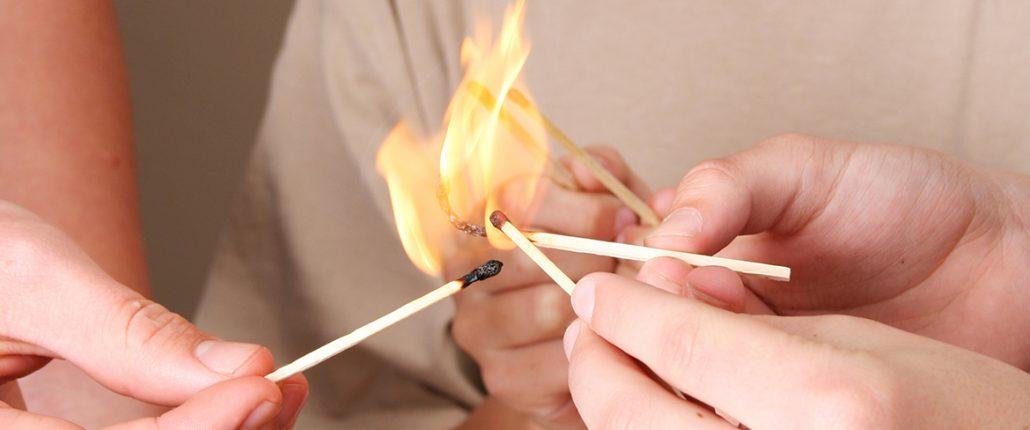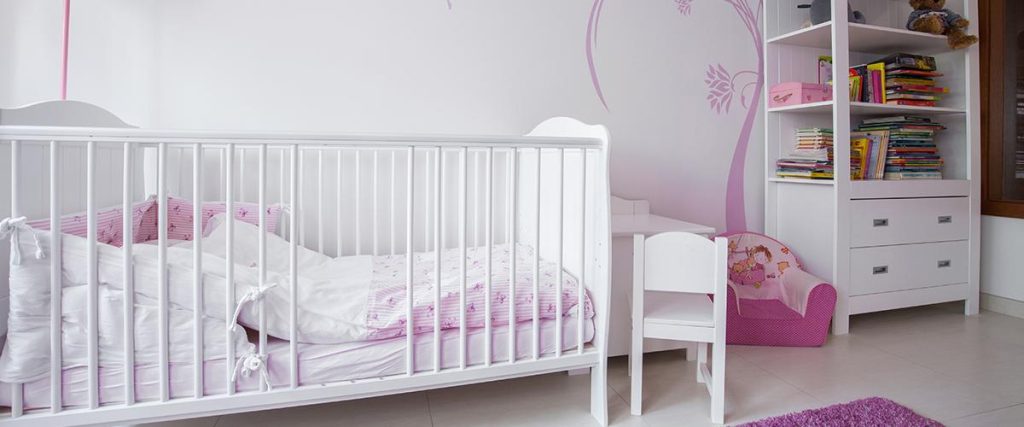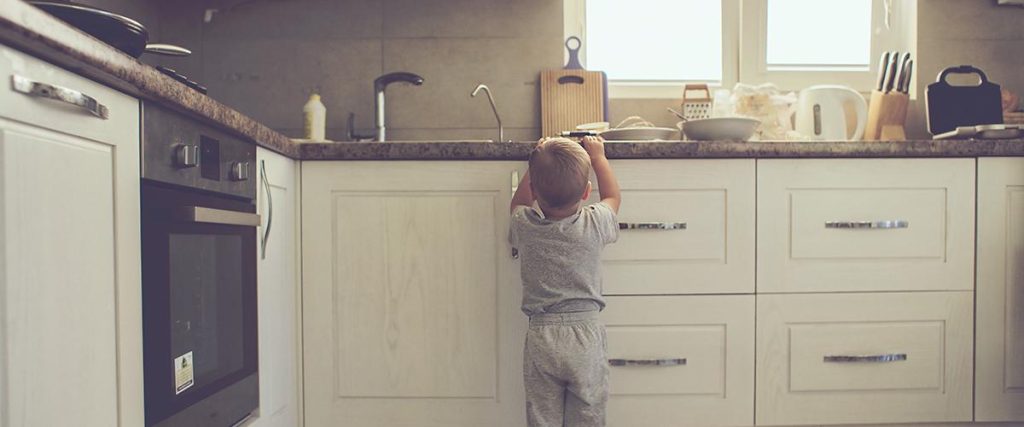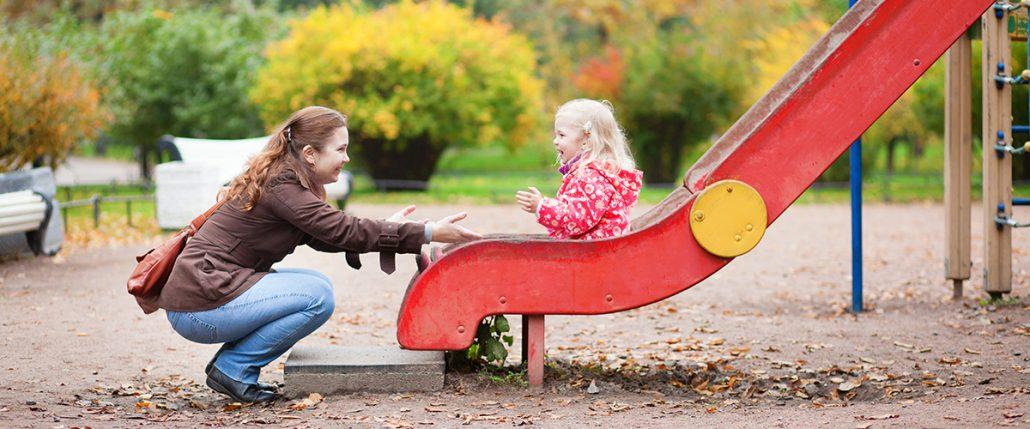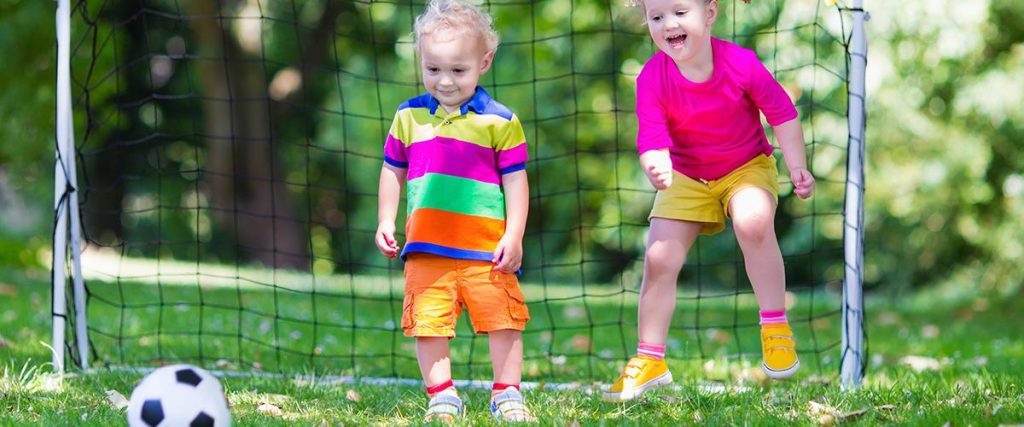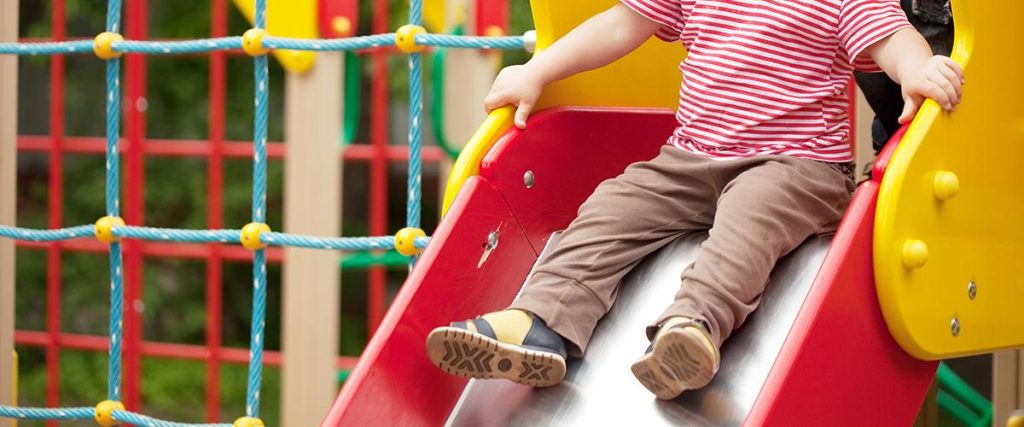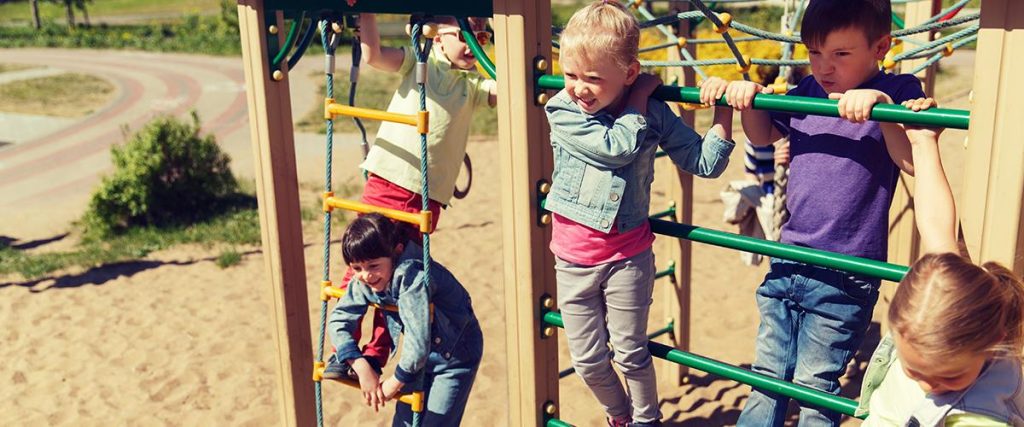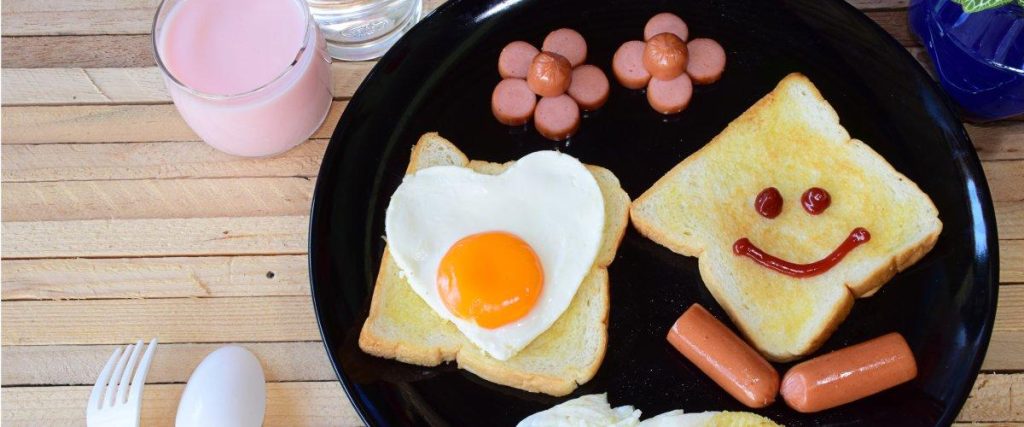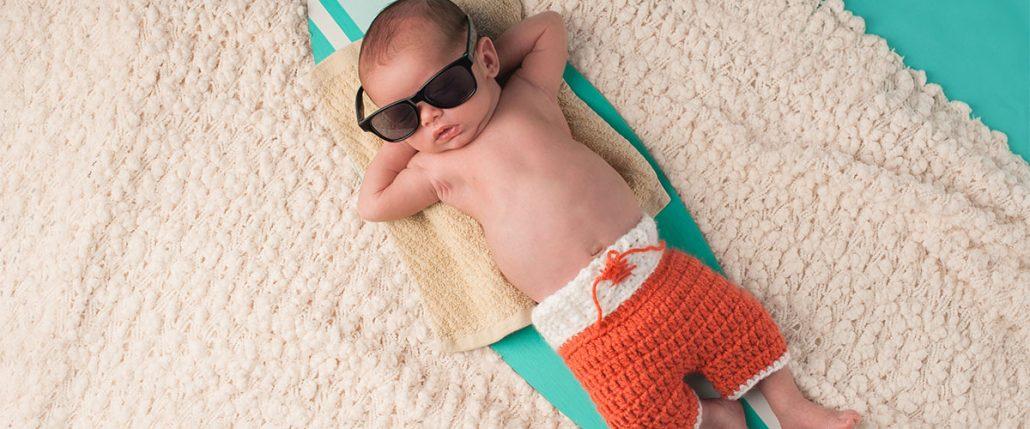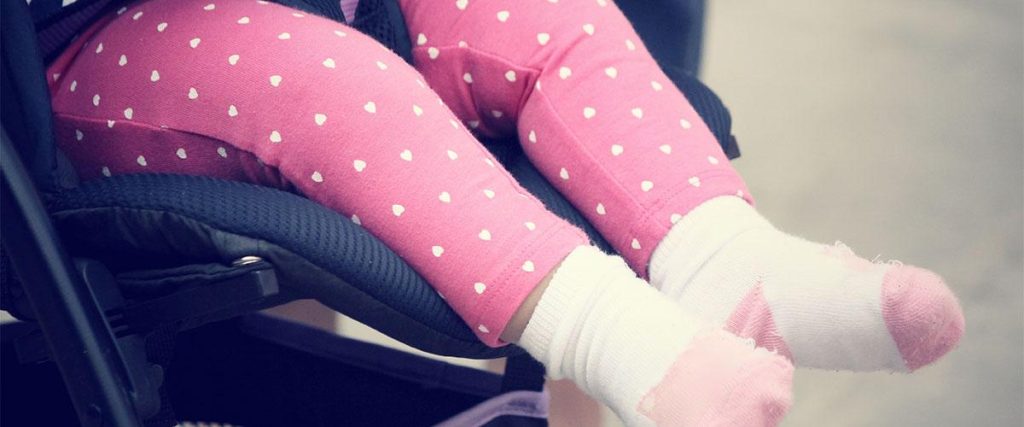Most parents feel betrayed and hurt when they catch their child lying to them. This leads to frustration and anger. But you must remember that lying is normal. Prega News is not saying that lying is okay; we’re just saying that it’s natural. It’s something that even adults do.
That is why it’s important that you do not over react but teach your kids not to lie. Before you tell you how to deal with kids who lie, here are a few reasons why most kids lie.
- To fit in with peers
- To get attention
- To avoid hurting other’s feelings
- To avoid trouble
So, now that you have an understanding of why most children lie, here are a few do’s and don’ts that’ll help you deal with it.
- Don’t label your kid verbally or don’t mentally brand your child as a liar. An occasional lie doesn’t make him/her a liar.
- Be honest. If you’re not sure whether your child is lying or not, tell him/her. Do not accuse without proof.
- Don’t ask questions that are setting your child your child up to lie.
- Do recognize that a child who’s lying frequently might be struggling with low self-esteem. Lying can be a symptom, not a problem.
- Don’t jump to conclusions. Your child’s perspective might be very different from yours, but it doesn’t mean that he/she is lying.


- Do implement consequences of lying. You might be an understanding parent, but you also need to be firm, and learn to punish appropriately.
- Do realize that transitioning from lying is time taking. Do not get frustrated and angry. You need to encourage your child.
- Don’t use threats to stop the lying or make rules that will punish future lying. You might be saying, “If you lie once more, I’ll…” your child will be hearing, “I don’t trust you. I expect you to lie again.”
- Do realize that lying can be a cry for help. He/she might be trying to communicate something. It’s your job to figure it out.
- Don’t promise rewards for the truth. It can confuse children. You need to hold them accountable for their lying.
Parents need to know that lying is not a moral issue; it’s a problem–solving issue and/or an avoiding consequence issue. You might not realize it, but most of the time the kids know the difference between right and wrong – that is why they’re lying.
Remember, do not overreact, if you catch your child lying, punish him/her for the behavior, not for the lie. This can help you form a healthy and trusting bond with your child. Your child is trying to solve a problem in an ineffective way and it’s your job to coach them on how to face the problem and you’ll see that in time they’ll learn how to do it without lying.



























